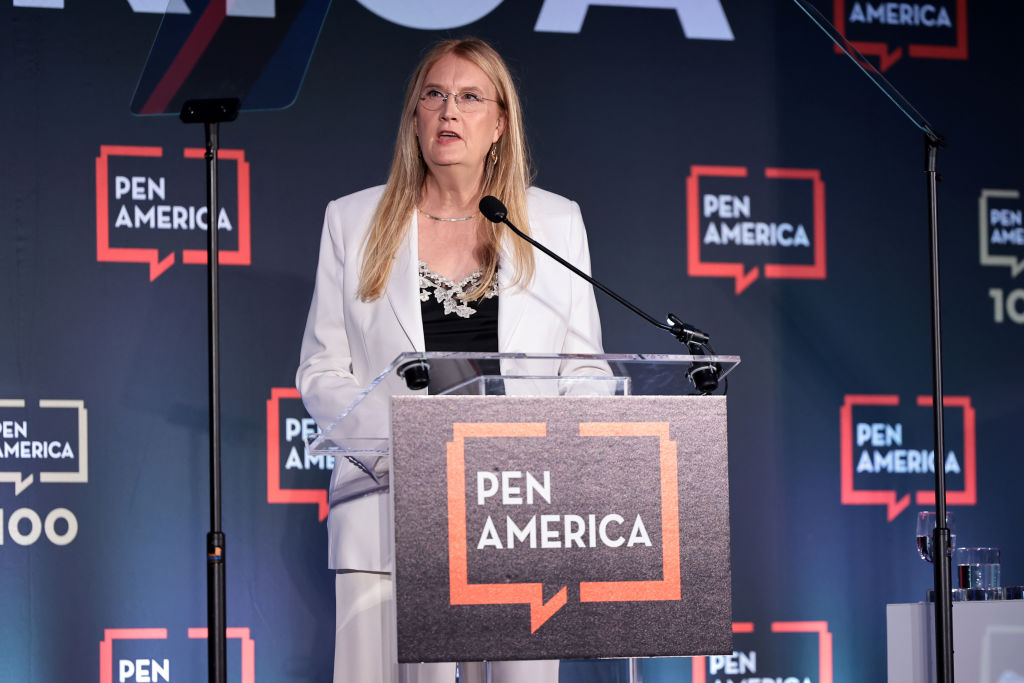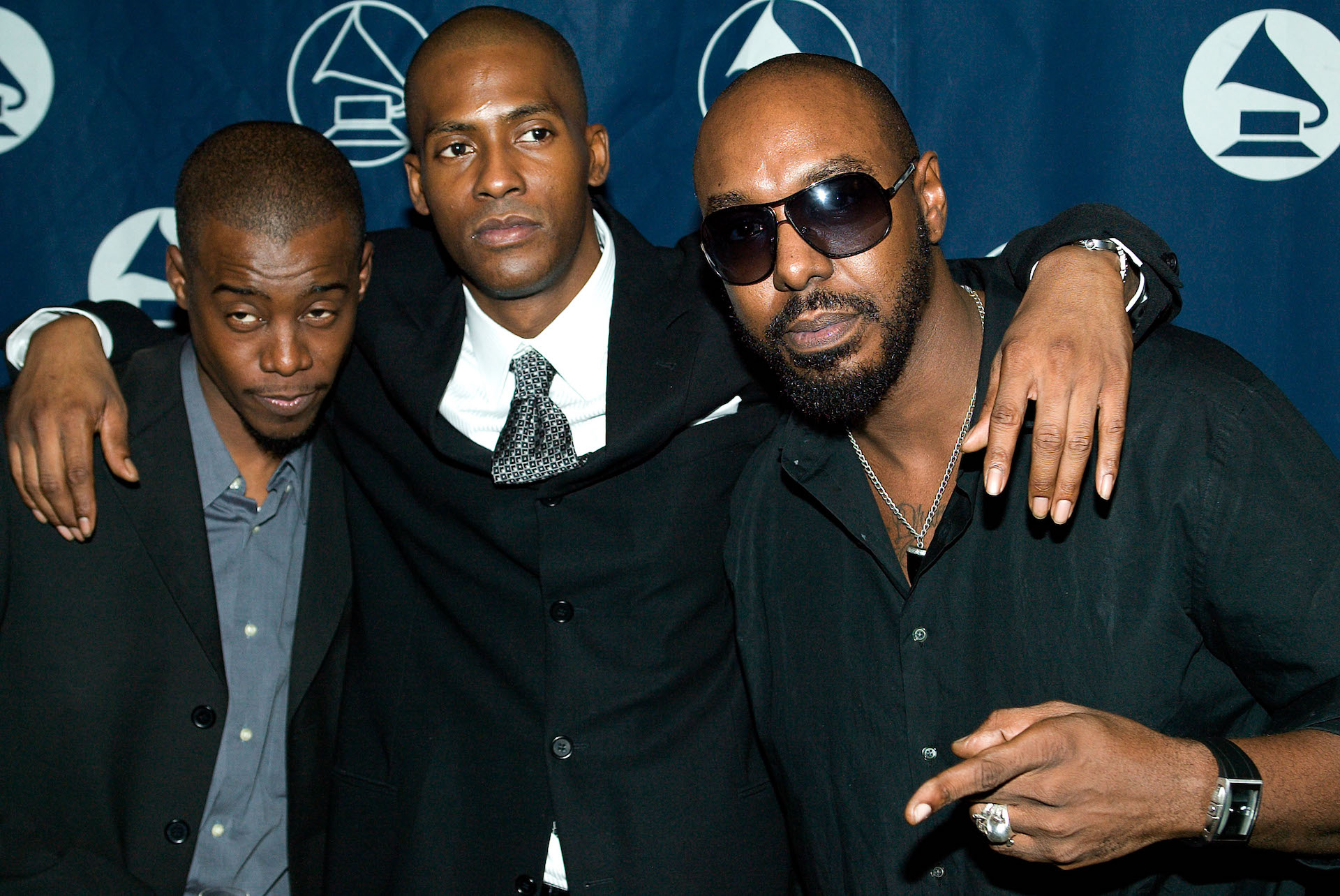Aaron Rodgers And The Logical Endpoint Of “My Body, My Choice”
5:03 PM EST on November 7, 2021

When Aaron Rodgers went on the Pat McAfee Show two days ago to explain that he's too smart to take the Covid-19 vaccine, he said a lot of predictably dumb things. He rambled about witch hunts and the woke mob and cancel culture and how he's like Martin Luther King Jr.; he referred repeatedly to his "research" and said that a homeopathic treatment had "stimulated" his immune system, but then refused to get into any specifics about how this was accomplished; he incessantly reiterated talking points about bodily autonomy and how he was doing what he thought was best for him. At one point, clearly thinking he had hit upon a powerful gotcha, he said, "What about 'my body, my choice'?"
Rodgers, of course, isn't the first anti-vaxxer to invoke the reproductive rights slogan in protest of vaccine policies and mandates. It's become a common refrain among certain factions on the right, and it has understandably irked those who see "my body, my choice" as an important rhetorical tool in the fight for abortion rights, which are currently under unprecedented threat in the U.S. The general response from pro-abortion writers and activists has been anger and annoyance at seeing what was coined as a liberative slogan in the 1960s being repurposed for use by reactionary individualists to avoid a safe and effective vaccine. But what's often missing in this discussion is the acknowledgement that the "my body, my choice" slogan was always oriented around individual choice, consumer logic, and privatization. Though the slogan was born out of women's desperate need for safe access to healthcare, and not as a way for people to justify rejecting healthcare in ways that can sicken and kill those around them, it invokes and reinforces the idea of each person and each body existing independently of every other person and every other body. And if there's one thing these past two years have shown, it's that this stripe of individualism is a deadly fallacy.
For decades, some feminist thinkers have critiqued "my body, my choice" and the women's movement from which it arose for this reason. In the early 1990s, in response to the mainstream feminist movement that was primarily concerned with ensuring women had the right to abortions, a group of black women proffered a new vision for women's bodily rights, called "reproductive justice." In a recent article from Bitch, about how "choice" rhetoric can undermine itself, Barbara Sostaita explains the evolution toward a more comprehensive understanding of reproductive rights:
Disillusioned with the mainstream reproductive rights movement and its singular focus on the right to abortion, a collective of Black women coined the term “reproductive justice” in 1994. Rather than repeating the rhetoric of individual choice, reproductive justice activists proposed an alternative framework—defending the right not to have children alongside the rights to have children and to parent those children in safe and nurturing communities. According to Daniela Sostaita, a former educator with Planned Parenthood and public health expert, these women knew that even if abortion was legal, their race, class, and social position would limit access to the procedure and other sexual and reproductive health resources. She notes, “they also understood that their reproductive lives were influenced by factors outside of their control [or their individual choice], such as access to housing and food, access to work opportunities, freedom from interpersonal violence, freedom from the police, and so forth.”
The entire article is worth a read, but one takeaway is that focusing on ensuring the right to individual choice above all else ignores all the systemic and interpersonal ways our choices affect and are affected by others. Sostaita writes:
While the language of bodily autonomy has been crucial in securing reproductive rights, it’s obvious that “my body, my choice” fails to meet the demands of this moment. Instead, it’s being appropriated by people who reject any kind of responsibility to the other. In the end, “my body” is vulnerable to and caught up in yours, and my choices are shaped by and inseparable from yours. To quote the feminist philosopher Judith Butler, “the body does not belong to itself and never can.” We are social beings from birth, dependent on others, shaped by the will of others—products of the political and economic conditions of our time. Reproductive justice advocates, including Ross, have already pointed to the limits of “my body, my choice.” It’s time for us to listen and reimagine the language we use to advocate for reproductive healthcare. If COVID-19 has taught us anything, it’s that we belong to each other.
That Aaron Rodgers and his ilk have stripped "my body, my choice" of its history and context in order to make smug arguments about bodily autonomy is as frustrating as it is unsurprising. It's no secret that wealthy, privileged people often see themselves as existing apart from the rest of society. Perhaps naively, though, I was a little surprised that no one on ESPN's NFL pregame show was willing to question the "my body, my choice" mantra, even in the most basic uncontroversial terms: Actually, doing your part to keep the people around you safe is a good thing. Instead, Rex Ryan, Randy Moss, and, most fervently, Tedy Bruschi all praised Rodgers's stance on his inviolable right to choose, before stating their concerns about the league rules Aaron Rodgers, who now has Covid-19 and potentially infected an unknown number of people, broke by being unvaccinated and not wearing a mask. At the end, Sam Ponder jumped in, saying that she was just glad Rodgers is OK after a year of "literally being worried about people dying." She must have forgotten to mention that people GETTING THE VACCINE is why we don't have to worry as much about people dying.
Bodily autonomy is a powerful idea. “My body, my choice” helped secure reproductive rights for women when they were desperately needed. But the logic of choice, of freedom from all obligations other than those imposed solely by and for the individual, is the same logic of the status quo that already denies healthcare and so many other basic human rights to the people who need them most. Often times, when a subversive slogan or idea is so easily co-opted by those seeking to reinforce the status quo, it’s because it wasn’t all that incompatible in the first place.
If you liked this blog, please share it! Your referrals help Defector reach new readers, and those new readers always get a few free blogs before encountering our paywall.
Stay in touch
Sign up for our free newsletter




